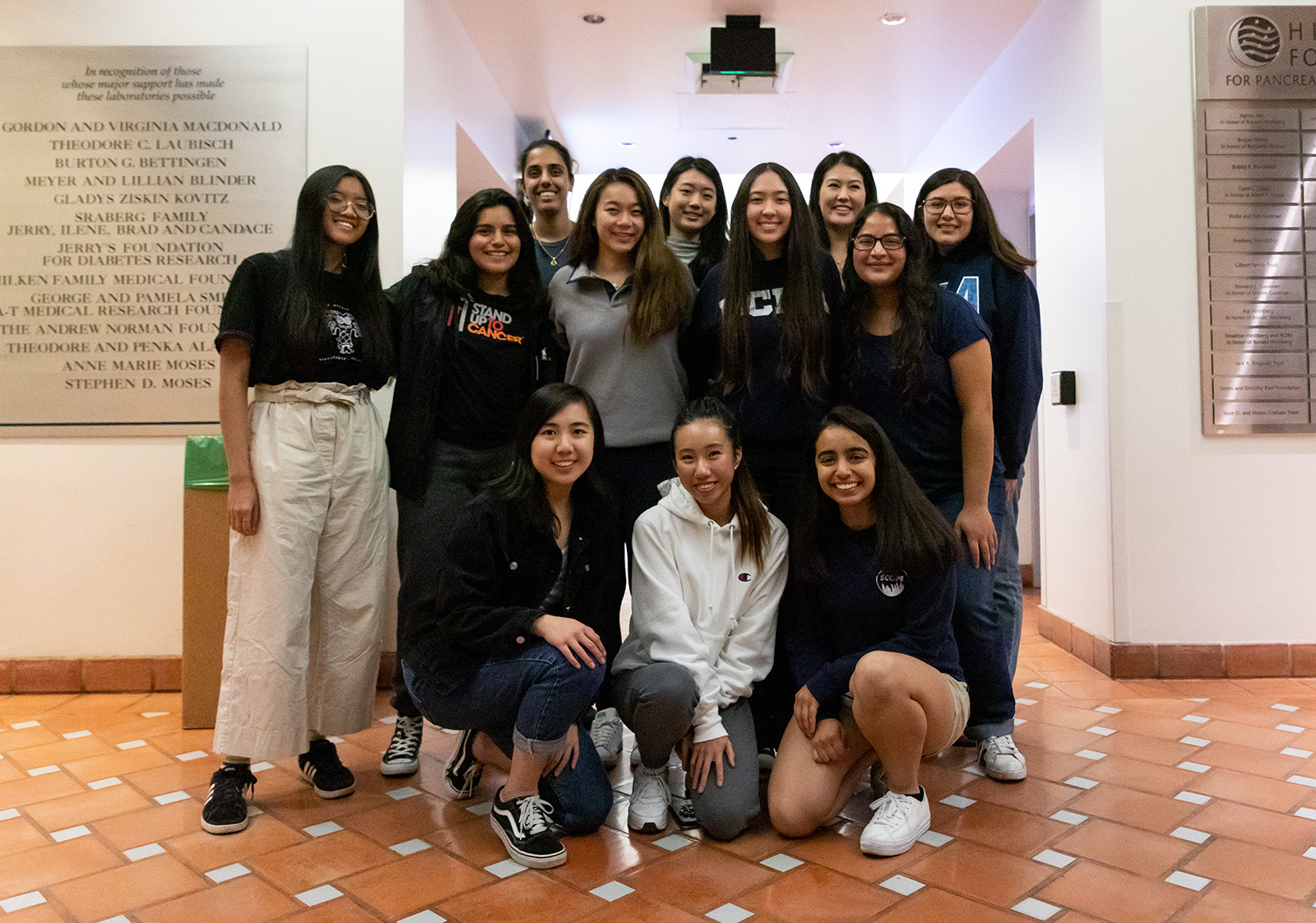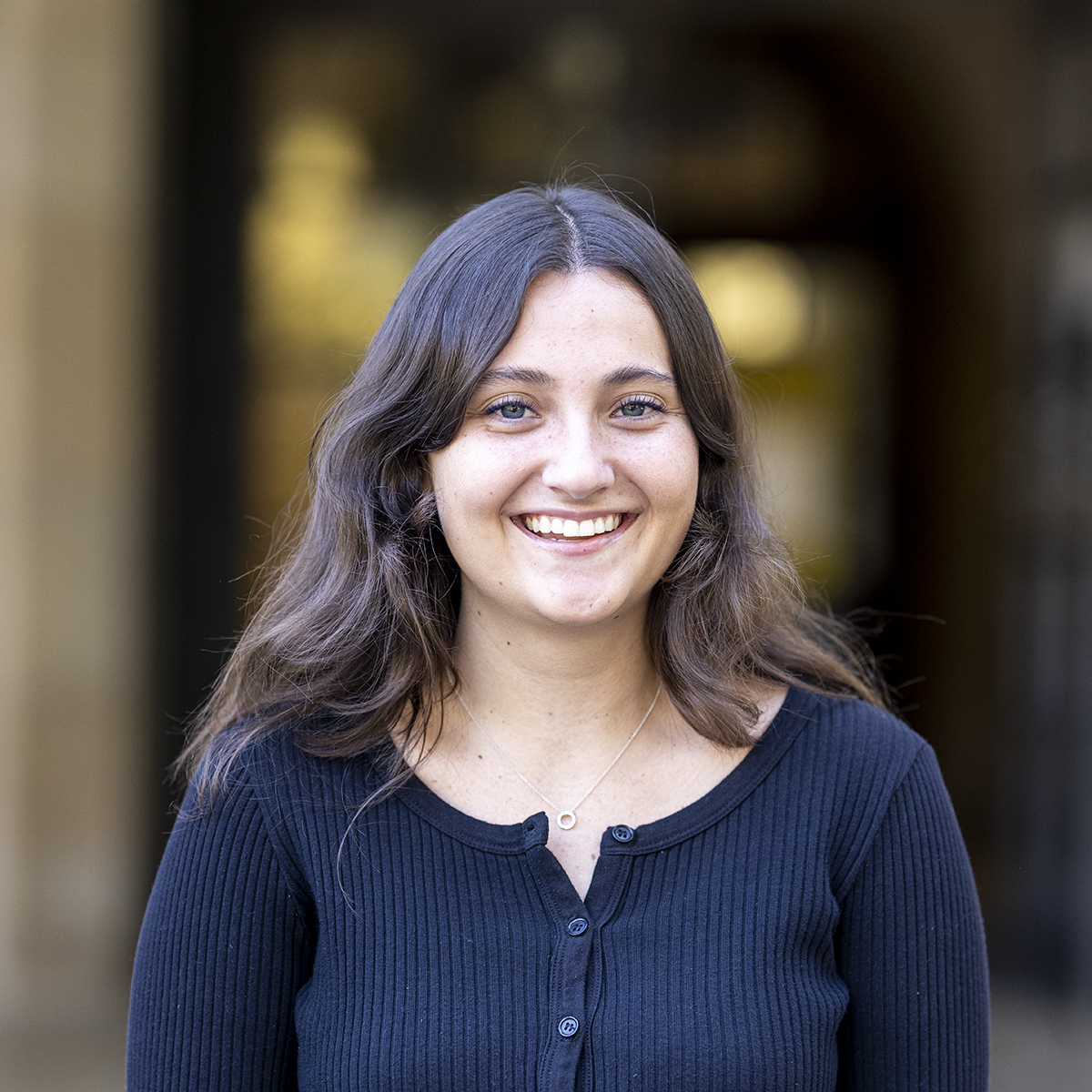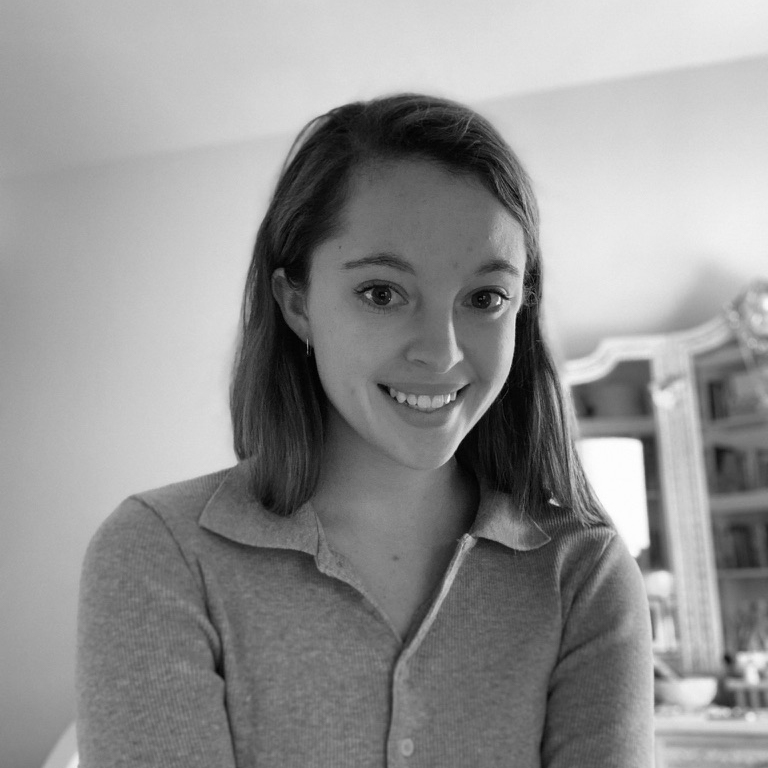All Brains builds better campus for neurodiverse students

UCLA All Brains aims to provide a community for neurodiverse students on campus, offering peer mentoring and socials. It also works to increase awareness about the issues neurodiverse students face, including holding workshops with resident assistants to teach them how they can help neurodiverse students living on the Hill deal with conflicts. (Ashley Kenney/Daily Bruin)
Going to college can be difficult for anybody, but for students with neurological differences, leaving home and entering an unknown environment presents unique challenges.
Enter UCLA All Brains, an organization gaining traction on campus, which has the purpose of providing students who have neurological differences – such as autism, attention deficit hyperactivity disorder and dyslexia – resources to support their emotional and social well-being.
“I think anyone can attest to the fact that being alone at UCLA is very scary,” said Janice Chang, a coordinator at All Brains. “So imagine being neurodiverse, too. Everything is compounding at once.”
All Brains was founded in 2017 by Karina Wang, an alumna and coordinator at All Brains, along with alumna Crystal Gianvecchio and their faculty advisor Alice Kuo. Its creation was inspired in part by an instance when a neurodiverse student approached Kuo, a professor of internal medicine and pediatrics at the David Geffen School of Medicine, because she was struggling on campus.
“A student (with neurological differences) went up to our advisor and was like, ‘I want to drop out,’” Chang said. “She was having a hard time making friends and adjusting.”
To raise awareness for the club, Wang, Gianvecchio and Kuo held a town hall with other campus organizations to discuss the shortcomings of resources for neurodiverse students.
Since then, the organization has quickly grown as a resource on campus, both for neurodiverse students themselves and for those who want to learn more about the neurodiverse community.
Chang, a fourth-year psychobiology student, describes the term neurodiversity as the celebration of all neurological variations. Spreading greater awareness of neurodiversity and what it means is an important objective of All Brains, she said.
“I think (a neurological difference is) a unique aspect of each person that makes everyone different,” Chang said. “I think it’s a lot about empowering and embracing it as a difference, rather than a disability and a disorder that is debilitating.”
While UCLA provides academic and medical resources to neurodiverse students, there aren’t many social- or community-based programs available, Wang said. In creating All Brains, Wang said she and her peers hoped to fill that void.
“So while there are a lot of academic resources, … what (UCLA) really lacks is that sense of community and that social aspect,” Wang said. “So essentially, we wanted to build more awareness and build a community and make UCLA a more inclusive campus.”
All Brains has grown significantly since its inception, Wang said, but one of the factors impeding its growth is getting in touch with neurodiverse students.
When students with neurological differences come to college, they are required to self-report to the school if they want to receive accommodations. This is different from when they are in high school and their parents or guardians disclose that information to the school, Wang said.
Many students may choose not to self-identify, Wang said. She added this makes it hard for All Brains to reach out to students with neurological differences because there is no single channel through which it can connect them to its resources.
Chang said despite All Brain’s difficulty gaining members and recognition at first, the dedication and resilience of those involved have spurred its growth.
“Seeing so many people ask us about it has made me really proud of what I’ve learned and how excited I am to share it with everyone else,” Chang said.
One of the long-term goals of All Brains is to have a space on campus, similar to the UCLA LGBT Campus Resource Center, for neurodiverse students to go and find the support they need, Wang said. Plans for the space would include a sensory-free zone where students can de-stress in silence, she said.
All Brains also trains resident assistants to help neurodiverse students deal with conflicts on the Hill and holds workshops for faculty and students on how to support students with neurological differences on campus, Chang said.
“We work on presentations for different (organizations), just raising awareness about neurodiversity and how to interact with neurodiverse students,” said Vikkie Jiang, a third-year neuroscience student who is part of the workshops and training committee in All Brains. “I’m just excited to be part of helping raise awareness.”
The organization also has a peer mentoring program in which members of All Brains are paired with a neurodiverse student, Chang said.
“My favorite experience is probably being a peer mentor,” said Ada Chung, a first-year psychobiology and biochemistry student and member of All Brains. “As a peer mentor, … we can go out and help people who are neurodiverse.”
All Brains puts on programs and social events throughout each quarter to foster a close-knit and welcoming community for neurodiverse students, Chang said. All Brains currently hosts a game night every Thursday, which is open to all students but targets neurodiverse students, Chang added.
Though the mission of the organization is to provide resources for students with neurological differences, Chang said all students are welcome to partake in helping it achieve its mission of making UCLA the most welcoming community possible.
“Although we are geared toward a neurodiverse community, our name is All Brains,” Chang said. “So, essentially, we’re just respecting how everyone acts differently, works differently, thinks differently.”




